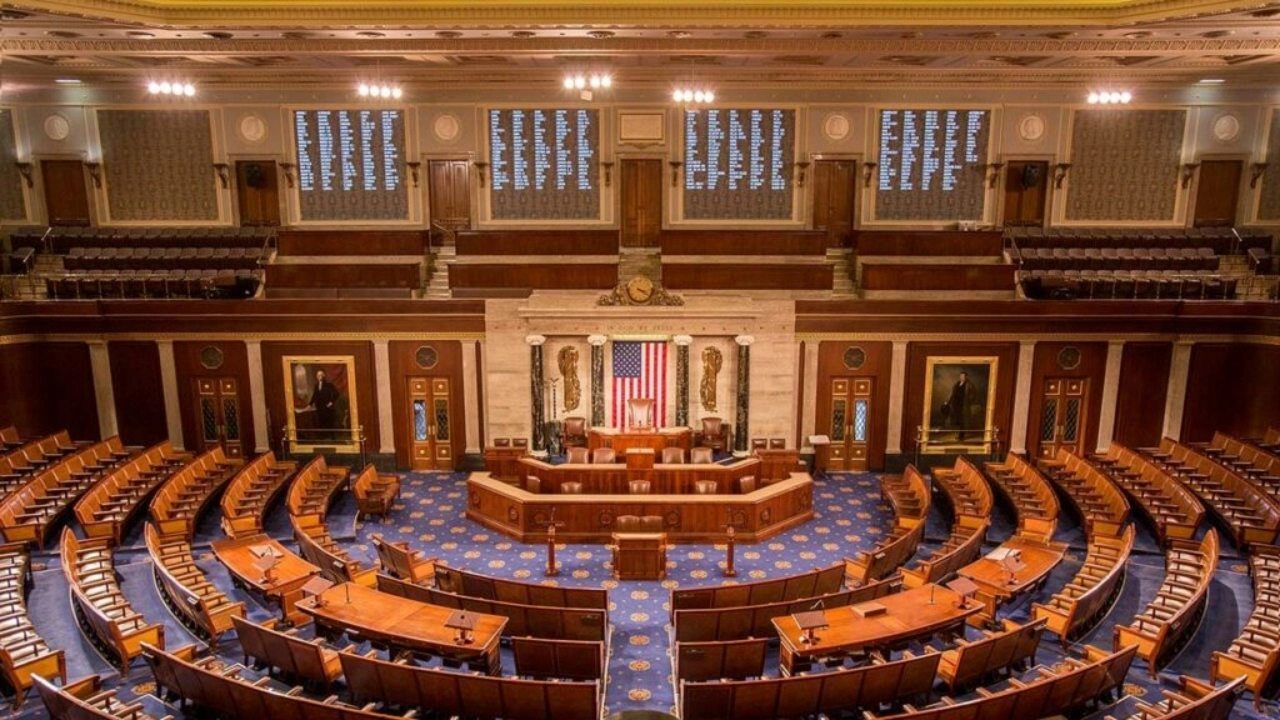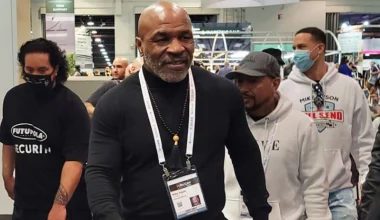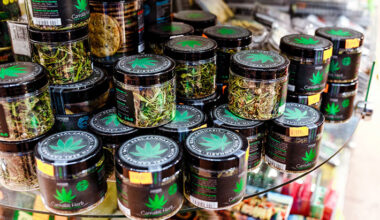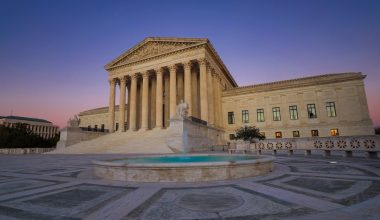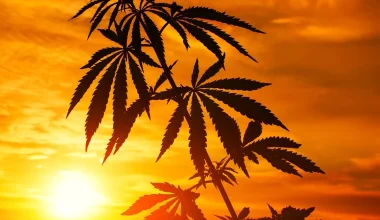The federal government is opening back up, and hemp-derived THC will become criminal contraband.
The spending package approved by the Republican-controlled House of Representatives late Wednesday to end the longest government shutdown in history also includes language that will outlaw nearly all the estimated $28.3 billion U.S. hemp industry, industry advocates say.
Wednesday’s vote is the culmination of a monthslong effort by Washington lawmakers to close the so-called “loophole” created by the 2018 Farm Bill that’s seen intoxicating hemp-derived THC products proliferate across the U.S.
Regulated cannabis companies, who view hemp as an unwelcome competitor playing by different rules, as well as alcohol lobbies and staunch anti-legalization advocates supported the ban.
The vote “closes the hemp loophole that has resulted in the spread of unregulated intoxicating hemp derived products that are being sold online and in gas stations and corner stores across the country,” said Republican U.S. Rep. Andy Harris of Maryland, the chief sponsor of the ban language in the House.
Two Republicans voted to save hemp-derived THC
Two Republicans joined all but six Democrats in opposing the funding bill that included the hemp THC ban: Kentucky Rep. Thomas Massie and Florida Rep. Greg Steube, according to the House clerk.
“I detest the tactics that are being used to try to get this ban enacted into law,” Massie told Kentucky Public Radio prior to the vote.
The ban goes into effect 365 days after the spending bill is signed by President Donald Trump.
Trump supports the hemp restrictions, an unnamed White House official told NBC News earlier in the week.
Hemp THC ban will disrupt business for marijuana MSOs and mainstream
The ban leaves tens of thousands of hemp businesses across the country – including those in states like Kentucky that regulate hemp THC – stranded in uncertain waters at best.
It may disrupt business plans for marijuana multistate operators like Curaleaf Holdings, which has a hemp-derived product and retail line, as well as mainstream retailers like Circle K and Total Wine & Spirits that carry hemp-derived beverages.
A spokesperson for Curaleaf did not comment to MJBizDaily about the ban’s effect on the company.
Some businesses are already dealing with canceled orders or other uncertainty, though most are ploughing ahead with their 2026 operating plans as-is, operators told MJBizDaily.
But the yearlong pause does give hemp advocates “365 days until all hemp products – including CBD oils – become Schedule 1 narcotics,” said Jim Higdon, the co-founder and chief communications officer at Kentucky-based Cornbread Hemp.
“To stop this insane outcome, we must pass a bill through the House Energy & Commerce Committee immediately,” he added. “Our farming partners require certainty to plan next year’s crop.”
Without such a compromise, he added, “all hope for a future of rational cannabis laws in the country will vanish.”
Closes 2018 Farm Bill loophole for THCA and synthetics like THC-P
Hemp is now redefined as only “the plant Cannabis sativa… and all derivatives, extracts, cannabinoids… with a total tetrahydrocannabinols concentration (including tetrahydrocannabinolic acid) of not more than 0.3 percent on a dry weight basis.”
That would close the THCA loophole that some merchants use to sell THCA flower online and outside of state-regulated marijuana channels.
The nationwide “THCA flower” market by itself is worth hundreds of millions of dollars annually, according to one estimate.
It also excludes from the definition of hemp cannabinoids that:
- “(A)re not capable of being naturally produced” by the cannabis plant, which would include HHC.
- “(W)ere synthesized or manufactured outside the plant,” which would include THC-P.
In states such as Texas with limited medical cannabis programs and no adult-use, the ban leaves the illicit market as the only channel to acquire THC products, critics say.
“The bill passed tonight carefully distinguishes between intoxicating and non-intoxicating products and synthetic and natural products,” said Chris Lindsey, VP of Policy and State Advocacy at the American Trade Association for Cannabis and Hemp, which supported the ban.
“The intoxicating hemp marketplace is rife with bad actors peddling synthetic drugs and cannabis under the guise of hemp, often without sufficient age gating,” he added.
“Under the bill passed tonight, intoxicating hemp products would be legally equivalent to cannabis.”
“We look forward to working with policymakers to develop a unified framework for natural hemp and cannabis products.”
Subscribe to the MJBiz Factbook
Exclusive industry data and analysis to help you make informed business decisions and avoid costly missteps. All the facts, none of the hype.
What you will get:
- Monthly and quarterly updates, with new data & insights
- Financial forecasts + capital investment trends
- State-by-state guide to regulations, taxes & market opportunities
- Annual survey of cannabis businesses
- Consumer insights
- And more!
Efforts to save hemp THC failed on Capitol Hill
Hemp’s fate seemed sealed Monday, when a last-ditch effort to strip the ban language from the Senate version of the spending bill by Kentucky Republican Sen. Rand Paul failed.
That was after eight Democratic senators defected from their caucus to allow the Republican-sponsored spending bill to move forward.
It’s still not entirely clear if the ban can be enforced – and if so, by whom.
State-regulated cannabis programs are, after all, also illegal under federal law and have not attracted a crackdown from federal law enforcement such as the U.S. Drug Enforcement Administration.
However, as Schedule 1 drugs, hemp-derived THC products would also be subject to onerous federal tax requirements under Internal Revenue Code 280E.
But at best, it means hemp-derived THC products would have to play by the same patchwork and sketchy rules as cannabis.
“This will create some opportunities in hemp friendly states while also sowing chaos and lots of legal ‘grey’ areas that will be difficult to enforce,” said Rod Kight, a North Carolina-based attorney and expert in hemp law.
“Unfortunately, it will also exacerbate the problems that the marijuana industry is currently facing, such as in the areas of taxation, banking, merchant processing, interstate commerce, and lack of access to capital markets.”
Chris Roberts can be reached at chris.roberts@mjbizdaily.com.
Medical Disclaimer:
The information provided in these blog posts is intended for general informational and educational purposes only. It is not a substitute for professional medical advice, diagnosis, or treatment. Always seek the advice of your physician or other qualified healthcare provider with any questions you may have regarding a medical condition. The use of any information provided in these blog posts is solely at your own risk. The authors and the website do not recommend or endorse any specific products, treatments, or procedures mentioned. Reliance on any information in these blog posts is solely at your own discretion.
